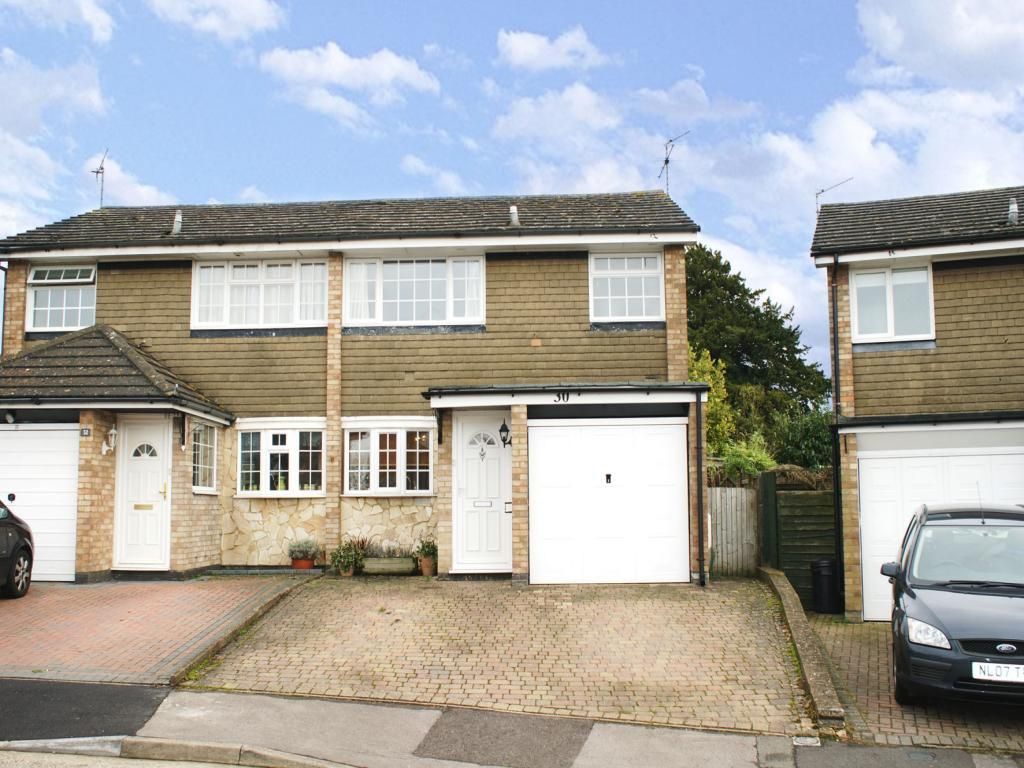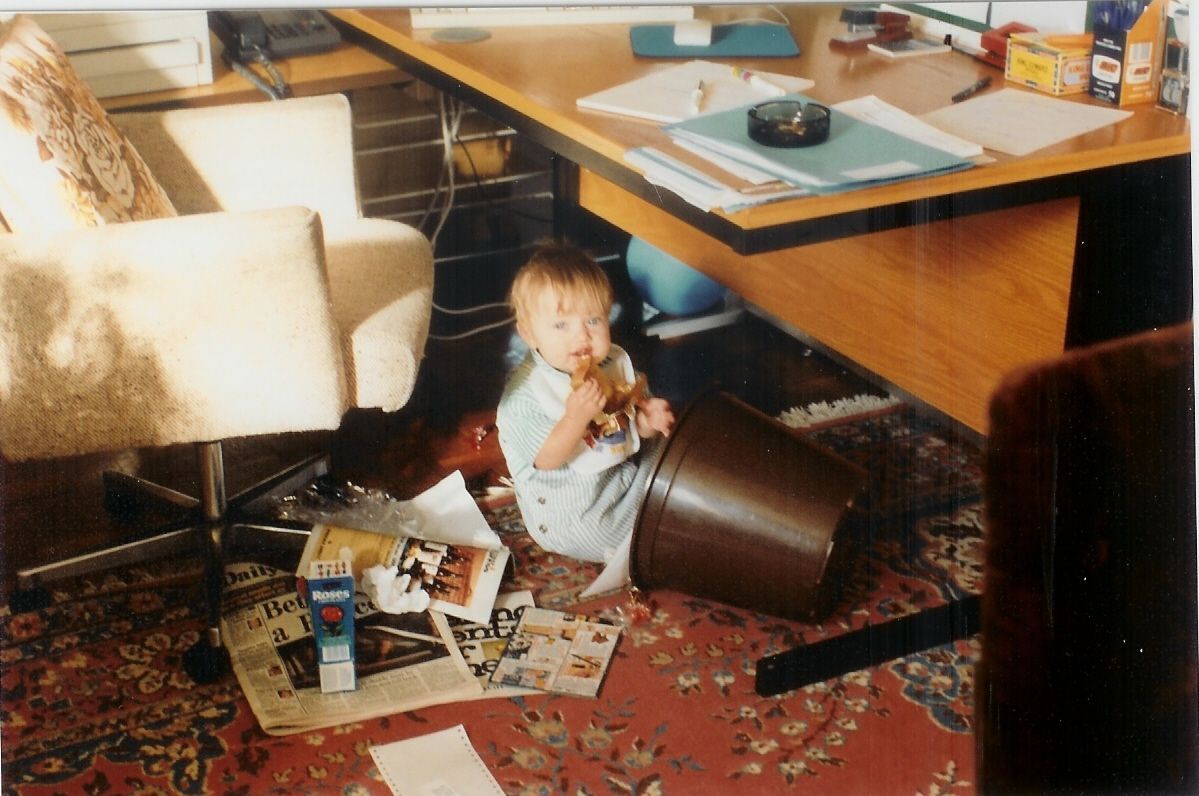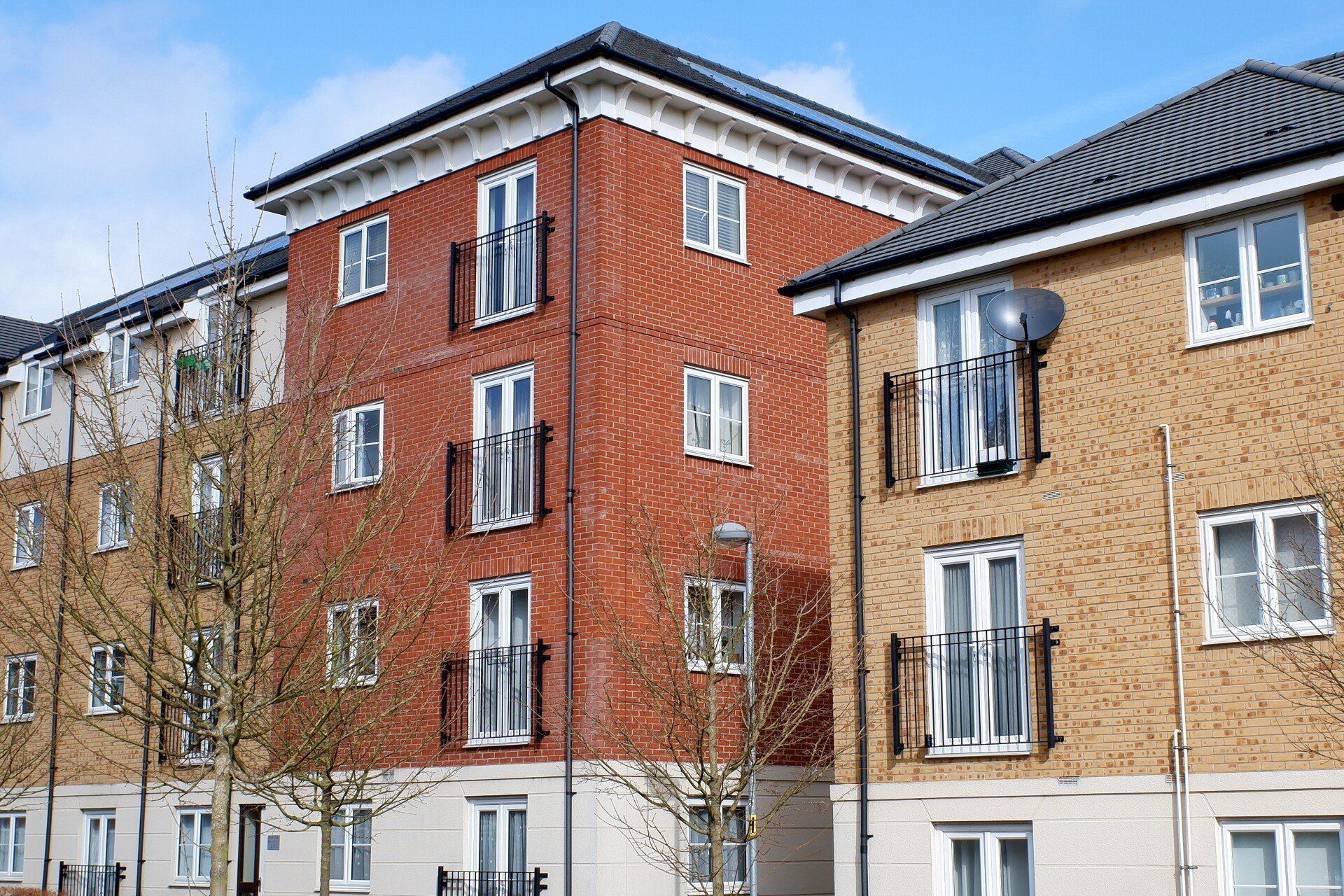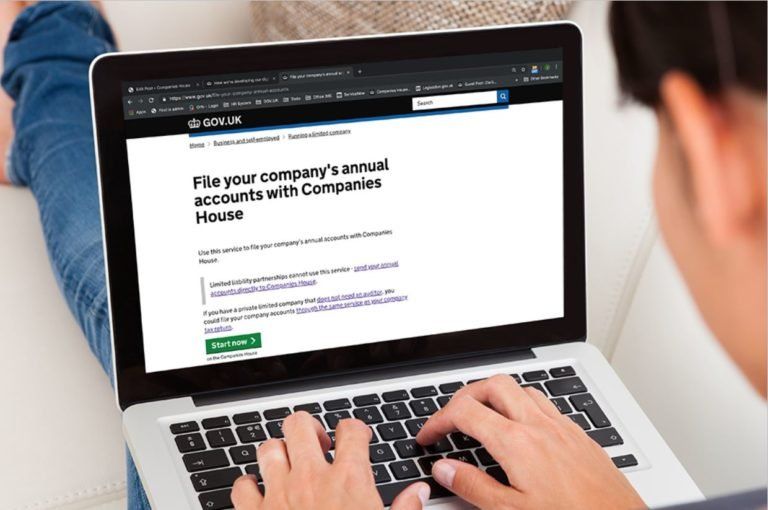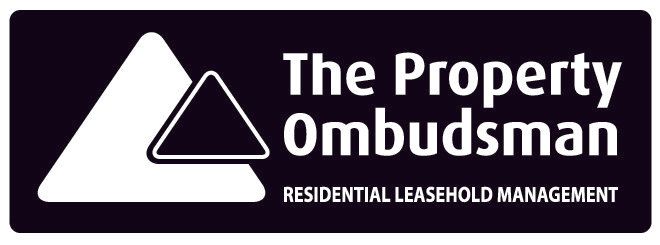
Blog Layout
Coronavirus (Covid-19): Important Information for Cleaver Property Management Clients
Leanne Gresswell • Mar 18, 2020
As a company, we are listening and reacting to the information provided only by the government at this time, to ensure unnecessary panic is avoided.
The main message from the government is that everyone should remain calm and take reasonable precautions to protect ourselves. Simple hygiene measures like washing your hands with soap and water often, and avoiding people who are unwell, can help stop viruses like Covid-19 spreading.
The most important thing we can all do, is avoid creating panic and to keep advising all parties to follow the government’s advice. A reminder of where to find the latest information is here: https://www.gov.uk/guidance/coronavirus-covid-19-information-for-the-public.
As a reasonable precaution, we have made the decision to postpone all meetings, including AGM’s and site visits, until further notice. We are currently exploring all options available to us that would allow our employees to work from home should the need arise.
We have advised our contractors to follow the Government guidelines in regards to this current health situation. Please note that this could impact lead times on jobs, should our contractors feel the need to adhere to the more stringent regulations.
Latest advice:
New guidance states that you should self-isolate for 7 days from the onset of Covid-19 symptoms, and anyone in the same household should self-isolate for 14 days from the same point. If another member of your household develops symptoms, however mild, at any time during the 14 days, they must not leave home for a further 7 days from when symptoms started.
This guidance aims to reduce the overall amount of infection a single household could pass on to others in their community.
The symptoms are:
- a high temperature (37.8 degrees and above).
- a new, continuous cough - (a cough that you've not had before. For those who usually have a cough, it means it's got worse. Continuous means coughing for more than an hour more than 3 times in 24 hours).
You do not need to call NHS 111 to go into self-isolation. If your symptoms worsen during home isolation or are no better after 7 days contact NHS 111 online at 111.nhs.uk. If you have no internet access, you should call NHS 111. For a medical emergency dial 999.
If you are self-isolating at a property managed by Cleaver Property Management, please let your Property Manager know and follow the government ‘stay at home guidance’ found here: https://www.gov.uk/government/publications/covid-19-stay-at-home-guidance.
The Prime Minister has also set out a number of social distancing measures to reduce the spread of Coronavirus. For those who are showing no symptoms, are under 70 or have no underlying health conditions, they are advised to limit their social contact where possible. This includes limiting use of public transport, working from home if possible and not going to crowded social spaces such as pubs, restaurants, theatres and bars.
Those who are over 70, have an underlying health condition or are pregnant, are strongly advised against the above activities, and to significantly limit face-to-face interaction with friends and family if possible.
Please stay safe and bear with us, we ask for you co-operation at a time that is difficult for all. Thank you.
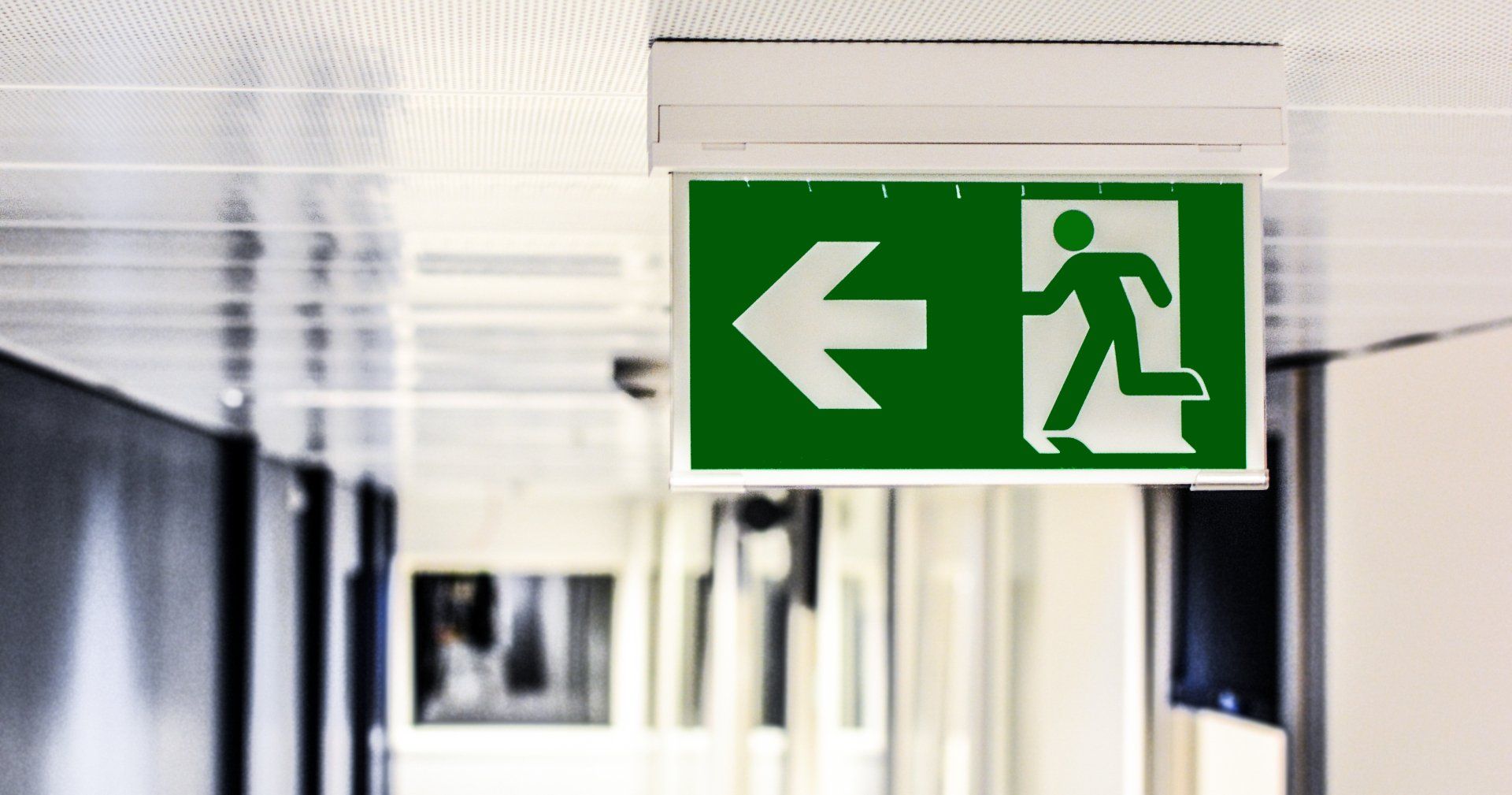
By Sirina Daaboul
•
02 May, 2024
In the realm of leasehold properties in the UK, the discussion surrounding stay put policies and evacuation policies has gained prominence in recent years. These policies determine how residents should respond in emergency situations, such as fires or other hazards. While both approaches aim to ensure safety, they present distinct perspectives on how to address such incidents. This blog post explores the key features of stay put policies and evacuation policies, shedding light on the UK's approach to maintaining safety within leasehold properties. UK's Approach and Regulations The UK's approach to stay put policies and evacuation policies in leasehold properties is influenced by building regulations and the advice of fire safety experts. Following the Grenfell Tower fire, an Independent Review of Building Regulations and Fire Safety was conducted, leading to a series of reforms to enhance fire safety in high-rise residential buildings. These reforms emphasise the importance of comprehensive fire risk assessments, improved building materials, enhanced evacuation plans, and communication systems. Stay Put Policies Stay put policies have been traditionally followed in many leasehold properties in the UK since the 1960s. Under this approach, residents are advised to remain within their units during a fire or other emergencies, unless their unit is directly affected. The rationale behind stay put policies lies in the construction and design of buildings, which are built to contain fires and prevent their spread. The compartmentalisation and fire-resistant materials used in these buildings are expected to provide residents with sufficient protection, allowing them to safely stay in their units until the fire is contained. Evacuation Policies In recent years, there has been a shift in thinking regarding stay put policies, particularly in high-rise buildings. The tragic Grenfell Tower fire in 2017 highlighted the potential risks associated with such policies, leading to a re-evaluation of safety practices. Evacuation policies prioritise the swift and immediate evacuation of residents during emergencies, regardless of the level of fire containment. This approach aims to minimise the potential for casualties and ensure the safety of all occupants. The successful implementation of this approach requires alarm and detection systems that are capable of alerting all residents promptly and enabling a timely evacuation. Conclusion Balancing the need for resident safety and the unique characteristics of leasehold properties is a complex challenge. While stay put policies have traditionally been followed, recent tragedies have highlighted the need for a re-evaluation of these approaches. The UK's approach is evolving, with a greater emphasis on prioritising resident safety through comprehensive fire risk assessments, improved building regulations, and effective evacuation strategies. It is crucial to ensure that the chosen policies in leasehold properties effectively protect residents, providing them with peace of mind and a secure living environment. To find out your building’s fire safety policy, see the fire safety notices by the entrance or contact your managing agent.
Tel:
(UK)
0118 978 7182
(Overseas)
+44 1189 787 182
Emergency Out of Hours:
0115 896 5158
Email:
info@cleaverproperty.co.uk
We are open 09:00-17:30 Monday to Friday.
© 2024
Cleaver Property Management
